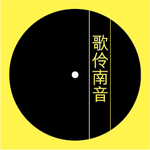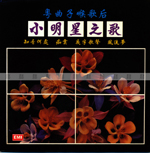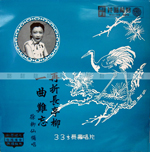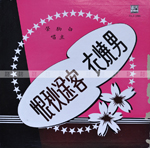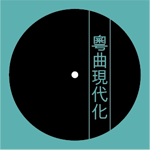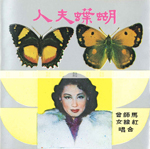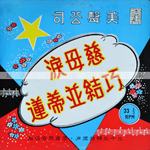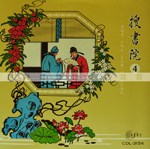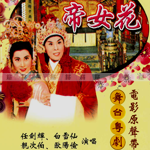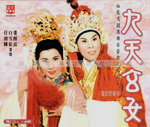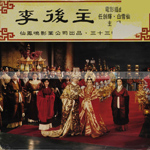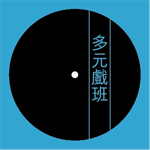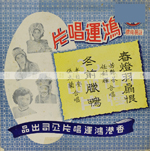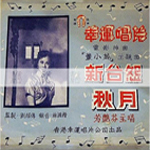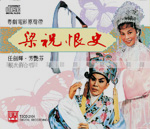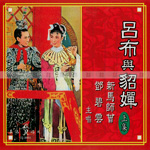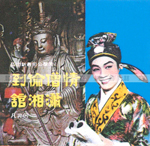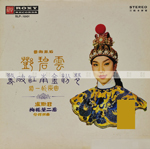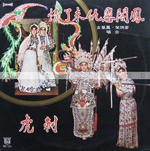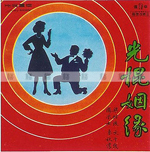Since the early twentieth century, Hong Kong has always been an important venue for Cantonese opera development. After 1949, as a result of political turmoil in the Mainland, performers and troupes converged and resettled in the territory, leading to a tremendous prospering of Cantonese opera in the subsequent decade. This development is linked intimately with the rise of the electronic media.
Performers and troupes began to grasp the possibilities offered by film and radio to re-examine age-old performance practices with regard to acting, singing, script writing, instrumentation, and stage set-up. They brought in novel elements from the theatre and movie world, and participated in the production of films and records. With these acts, they are extending the movement to modernize Cantonese opera that began in the 1930s.
Wong Jum-sum was thoroughly immersed in the world of Cantonese opera from young. Through his close encounter with master performers like Hung Sin-nui, Ma Si-tsang, Yam Kim-fai, Pak Suet-sin and Tong Dik-sang, he witnessed first hand the modernization of Cantonese opera, and was mightily moved by the adventure and passion he saw.
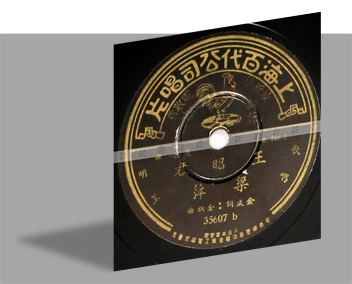

作曲:金鋼
作詞:金成
主唱:梁萍
王昭君悶坐雕鞍思憶漢皇
朝朝暮暮暮暮朝朝
黯然神傷
前途茫茫極目空翹望
陽關初唱往事難忘
琵琶一疊回首見身世
飄零總斷腸憶家庭景況
樁萱恩重隸萼情長
遠別家鄉舊夢前塵
前塵舊夢空惆悵
陽關再唱觸景神傷
琵琶三疊凝眸望野草
閑嘆驛路長問天涯莽莽
平沙雁落大道霜寒
胡地風光賸水殘山
殘山賸水無心賞
一曲琵琶恨正長
